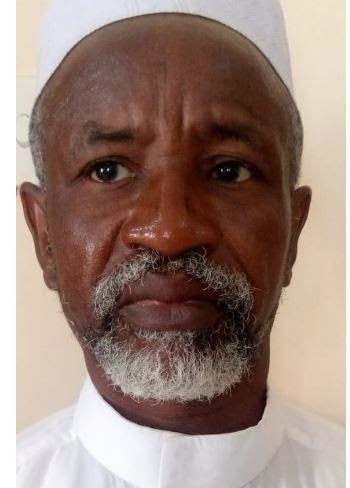Abstract
Cameroon and Nigeria are two neighboring countries -Cameroon in Central Africa and Nigeria in West Africa-with historical ties across cultural, economic, and social domains. Although these ties were officially established in 1960, their roots extend deep into the pre-colonial era. Today, these connections have grown significantly, particularly in the border regions, with the northern parts of Cameroon sharing boundaries with the Arewa states of Nigeria, namely Borno, Adamawa, and Taraba. This has fostered close relationships that are pivotal for both nations. This study aims to examine the cultural and economic influence of the Arewa states on the three northern regions of Cameroon. It will follow a detailed plan, beginning with an introduction that situates the historical context, followed by an analysis of cultural exchanges, and a study of economic integration. The final section will address the challenges and perspectives of these bilateral relations. The problem under consideration is the complexity of cross-border influences between Nigeria's Arewa states and Cameroon's northern regions, and how these interactions impact cultural identity and economic practices. The main question guiding this research is: How do the Arewa states culturally and economically influence the three northern regions of Cameroon? The objectives are to assess the extent of cultural influence, understand economic ties, and evaluate the outcomes of these interactions. The hypotheses suggest that cultural exchanges are reinforced by shared ethnic groups and that economic interactions are influenced by market integration between these regions. An empirical approach was used, inving fieldwork in Borno, Adamawa, and Taraba states of Nigeria. Oral, visual, and written sources were gathered from traditional, religious, and administrative leaders. Additionally, extensive surveys were conducted in northern Cameroon (Far North, North and Adamawa), and data was collected from libraries and archival centers. The results of this study highlight significant cultural continuity and economic interdependence, demonstrating that these cross-border influences are crucial to understanding the broader regional dynamics between Cameroon and Nigeria.
Keywords: Influence, Relationship, Soft Power, State, North-Cameroon, North-Nigeria





